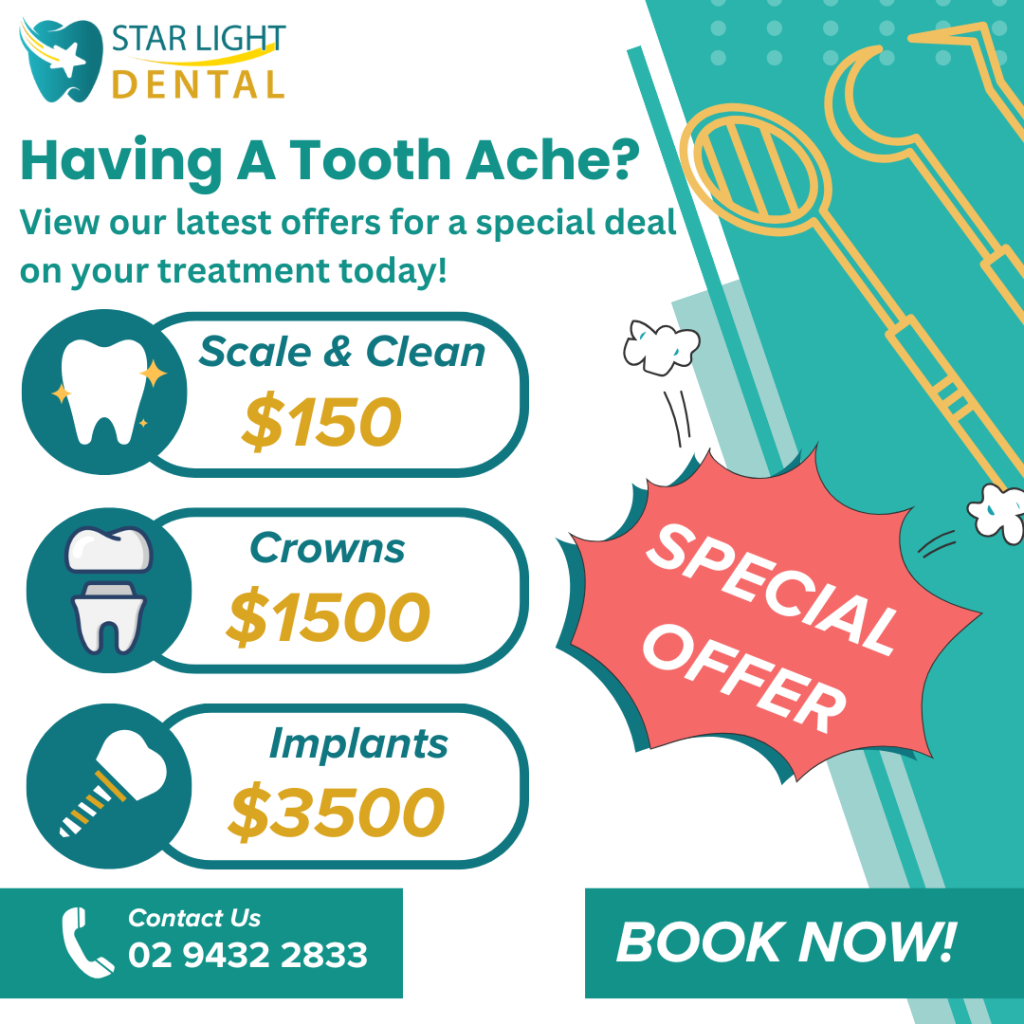
When individuals consider enhancing their health, they often think about increasing exercise and incorporating more vegetables into their diet. Improving your gum and oral health likely isn’t on your list, but it definitely deserves a spot. Both dental and medical professionals agree that maintaining healthy gums is crucial not only for your mouth but for your entire body. Let’s understand in detail how Gum Disease affects oral health.
What Is Gum Disease?
Gum disease, or periodontal disease, includes a variety of issues related to oral health. These can vary from gingivitis to severe periodontal disease. Besides, lots of people have early signs of gum disease and don’t even realize it. You can confirm these signs and symptoms during a visit to your dental clinic.
- Persistent bad breath.
- Gums bleed when using floss.
- Gums that are swollen.
- Sensitive teeth.
- Sore areas on your gums.
Gum disease can impact your overall health in different ways. Bacteria and inflammation from gum disease enter the bloodstream and spread through the body, potentially causing bigger health issues.
How Does Gum Disease Affect Oral Health?
Oral health and gum disease are key subjects in dentistry. Many adults currently show different levels of the disease, ranging from mild gum inflammation to severe infections that can seriously harm the soft tissue and bone supporting the teeth.
In the worst cases, you may lose teeth, but you can usually avoid gum disease by following good oral health habits from a young age. If periodontal disease happens in teenage or adult life, the outcome mainly relies on how well a person takes care of their gums and teeth every day after diagnosis.
Treatments for Gum Disease
When gum disease is diagnosed, there are different treatment options to think about. Scaling and root planing is a deep cleaning procedure that effectively gets rid of plaque and tartar from the gum line. Besides, antibiotic medication, surgery, or other specialist therapies can be required in some situations to treat severe gum disease and encourage recovery.
Dealing with gum disease successfully needs teamwork between dentists and periodontists. These experts collaborate to deliver complete care customized to personal requirements. Regular follow-up visits are essential for keeping an eye on gum health and stopping gum disease from reappearing.
Ways to Avoid Gum Disease and Keep Your Mouth Healthy
Stopping gum disease requires a mix of healthy habits and expert attention. Maintaining healthy gums is crucial for your oral health and overall well-being, and it begins with these straightforward steps.
- Brushing regularly is essential: For efficient plaque and bacteria removal from your teeth and gums, use fluoride toothpaste and brush twice a day. Besides, this daily routine helps stop the buildup that can cause gum disease.
- Flossing every day is important: Floss daily to remove plaque and food particles from between your teeth and under the gum line, where a toothbrush can’t reach. Flossing gets rid of food bits and plaque, lowering the chances of gum disease.
Conclusion
Gum disease is a widespread oral health issue that affects many individuals. Its effects go beyond just oral health and can result in serious issues if not addressed. The link between oral health and overall health is important for keeping your health in check.


